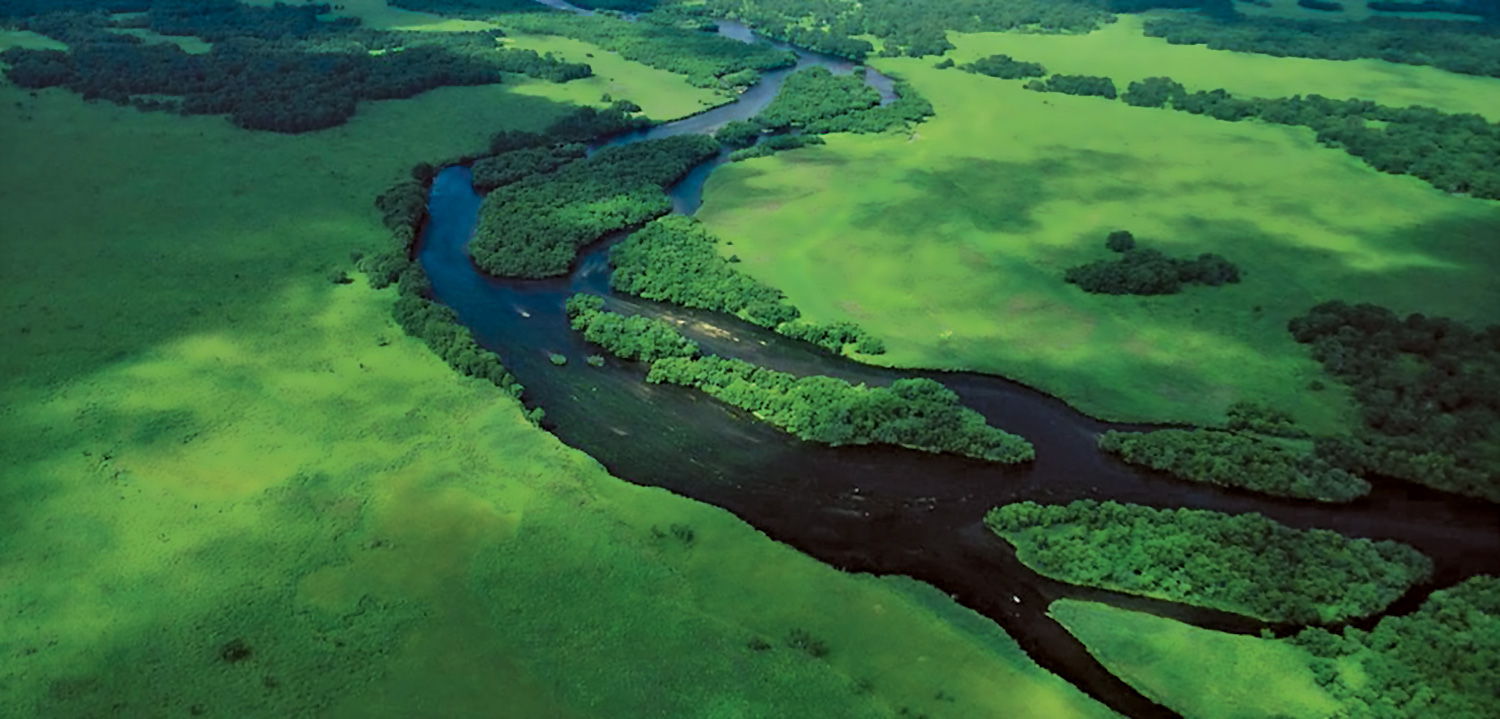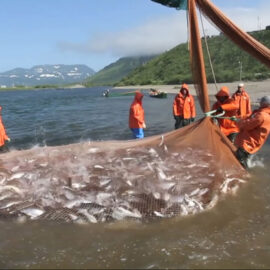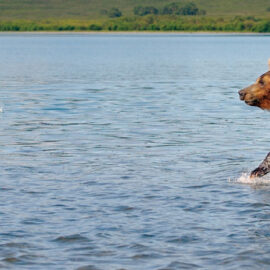Thanks to the hard work of our Russian partners, fishing communities and businesses can now apply to protect their fisheries from damaging development.
This week, the Russian Ministry of Agriculture finalized the process by which fishing businesses and communities can apply for federal protections under the landmark Federal Fisheries Protection Zone legislation.
The law, passed in 2016, would ban practices such as logging, mining, and road building on designated high value rivers for commercial, recreation and subsistence fishing.
The painstaking criteria for establishing a federal fisheries protected zone was seen through thanks to the hard work of our longtime Russian partner and emeritus board member, professor Dmitry Pavlov from the Russian Academy of Sciences. In the Russian Far East, the new law will give communities another strong tool to protect wild salmon populations.
“Communities in the Russian Far East can use the new law to pursue proactive protection of salmon stronghold rivers, in order to conserve the natural wealth those rivers provide,” said Pavlov, when the bill was passed in 2016.
The law was created with substantial support from communities in Kamchatka, where wild salmon populations continue to hold great commercial value – thanks to largely pristine river conditions. West Kamchatka’s salmon fisheries harvest have consistently led the rest of the Russian Far East, with a whopping 378,000 tons caught in 2019.
Mariusz Wroblewski, Wild Salmon Center’s Western Pacific Director said: “This is one of the first laws anywhere in the world to specifically name fish as the primary goal for protecting a river, and now fishing communities can deploy this powerful tool to ensure long-term durability of their salmon runs and their livelihoods.”
The continued development of this law speaks to Russia’s awareness about the threats to Pacific salmon; 35% of the Pacific’s salmon originate from the Russian Far East.
“Many countries, including the United States, have lost critical fisheries from the effects of habitat loss; once the habitat is degraded it is very expensive to restore,” said WSC CEO Guido Rahr. “This far-sighted legislation gives Russia a chance to safeguard some of the world’s most productive and valuable fisheries, including the globally important salmon rivers of the Russian Far East.”



